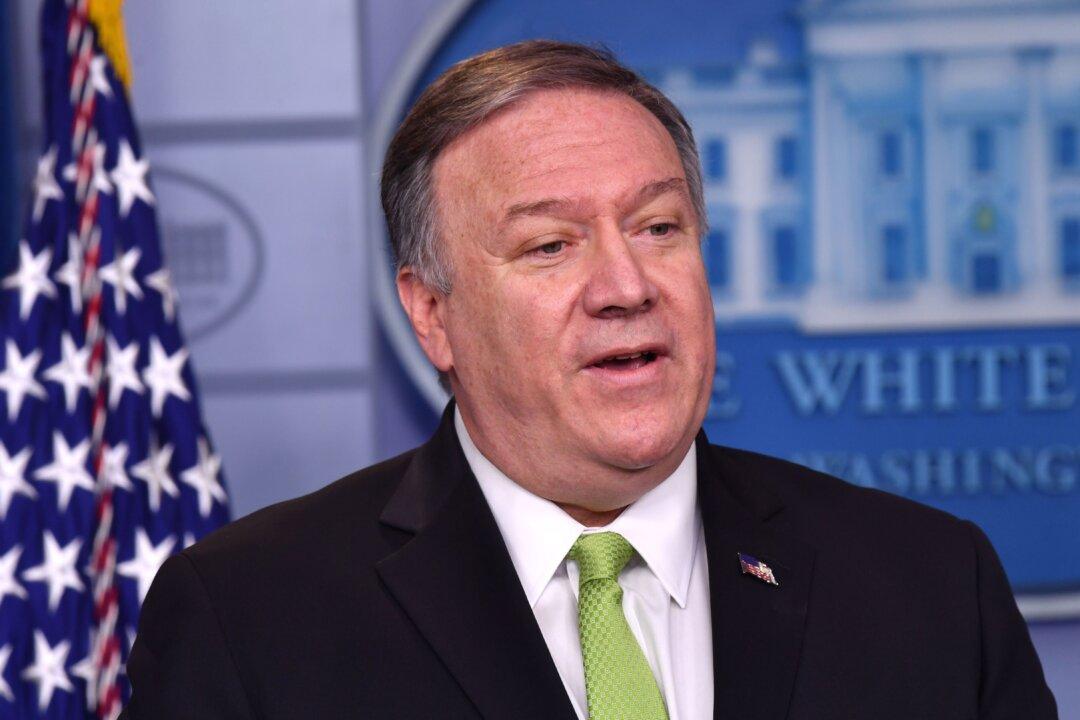U.S. Secretary of State Mike Pompeo congratulated Taiwan President Tsai Ing-wen on her re-election on Jan. 11, commending her for maintaining stability with Beijing “in the face of unrelenting pressure.”
The elections demonstrated the strength of the island’s “robust democratic system,” which makes Taiwan “a model for the Indo-Pacific region and a force for good in the world,” Pompeo said in a statement.





